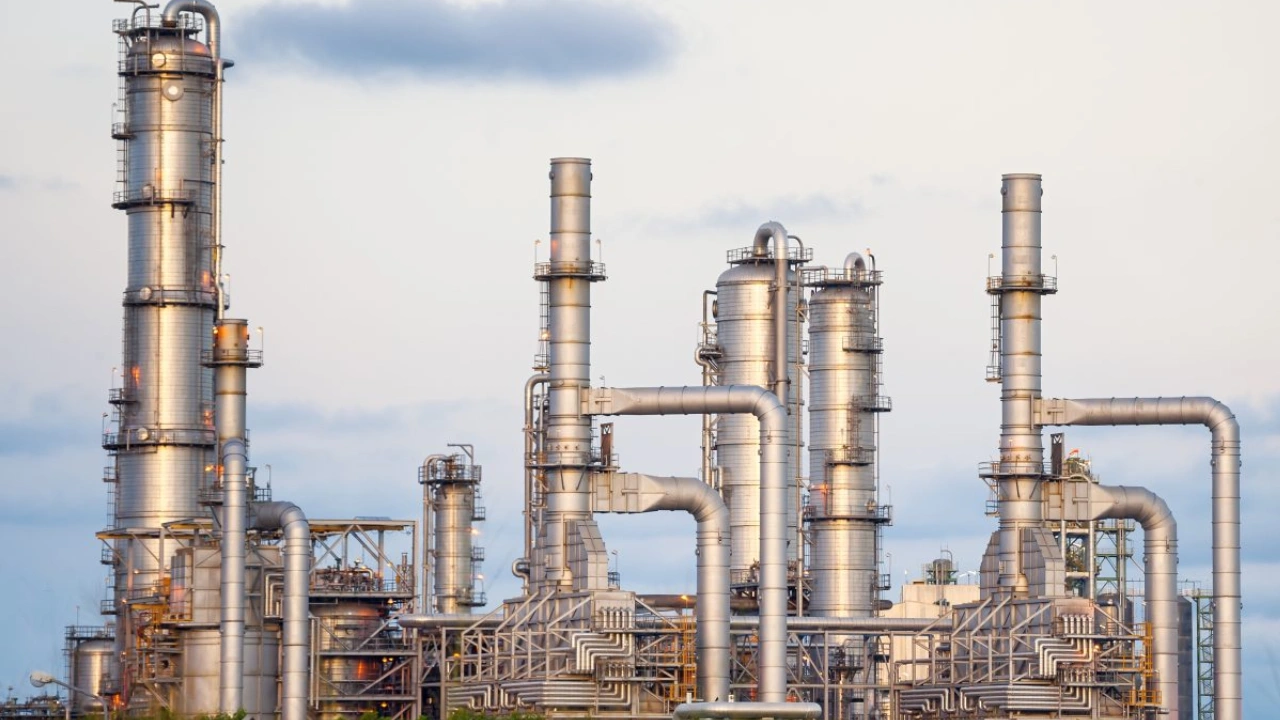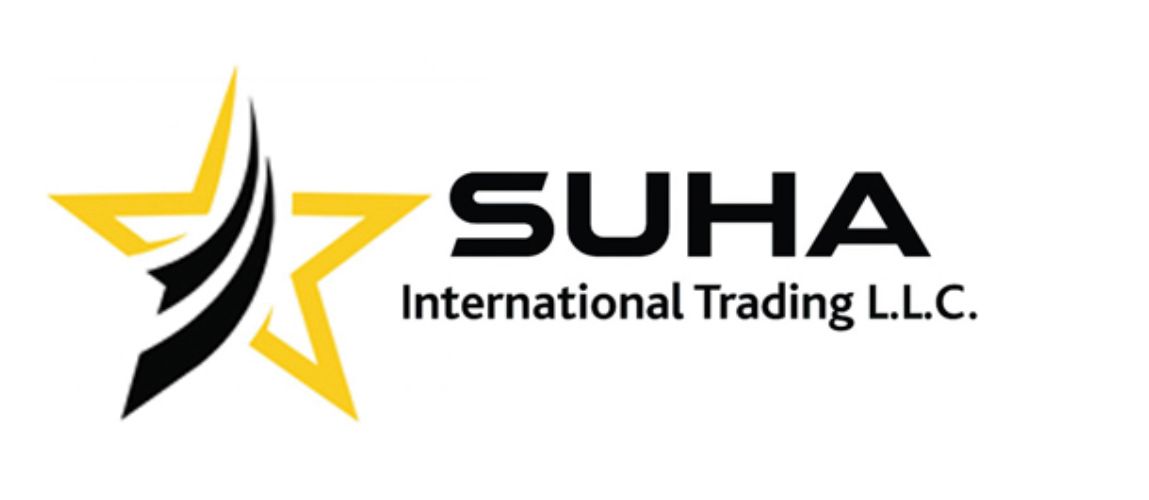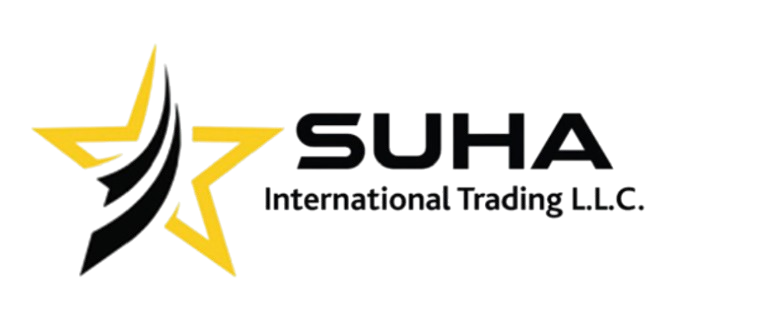US Tariffs on Brazil: Chemical Industry Calls for Dialogue to Avert Trade Crisis

US Tariffs on Brazil: Chemical Industry Urges Dialogue in 2025
São Paulo – In the wake of escalating US tariffs on Brazil, the nation’s chemical industry is sounding the alarm over potential disruptions to global supply chains. As trade tensions rise between the US and Brazil, chemical producers are advocating for immediate technical dialogue to protect mutual economic interests and prevent a broader trade war.
Why US Tariffs on Brazil Pose a Major Threat to the Chemical Sector
The proposed 50% US tariffs on Brazilian exports could deliver a severe blow to Brazil’s chemical industry, which relies heavily on cross-border commerce. Direct exports to the US are at risk, but the ripple effects extend far beyond. This vital sector supplies critical inputs for Brazil’s powerhouse export industries, including food processing and pulp and paper production—key drivers of the country’s economy.
According to recent trade data, Brazil’s chemical sector maintains a substantial trade deficit with the US. In 2024, imports from the US totaled approximately $10.4 billion, dwarfing exports of just $2.4 billion. This imbalance translates to a $7.9 billion deficit in favor of the US, or roughly 6 million tonnes by volume. Such figures underscore the interdependence: Brazil’s market is a major destination for US petrochemicals like caustic soda, polyethylene (PE), and acetic acid.
If Brazil retaliates with countermeasures, US exporters in these subsectors could face sharp declines, exacerbating losses on both sides of the Atlantic.
Chemical Industry’s Stance: Prioritizing WTO Rules and Mutual Gains
Brazil’s chemical trade association firmly supports resolving US-Brazil trade tariffs through established frameworks. “International trade should be guided by mutual economic benefits and free market principles, in line with World Trade Organization (WTO) rules,” the group stated. In politically charged scenarios like the current US tariffs on Brazil, technical dialogue emerges as the optimal path forward.
The association warns that both economies have much to lose. “As key export markets for one another, the US and Brazil risk widespread fallout without swift negotiations,” it added. Proactive talks could mitigate impacts on chemical supply chains, preserve jobs, and stabilize prices for downstream industries.
Broader Implications for Global Chemical Trade
The US tariffs on Brazil highlight ongoing vulnerabilities in the global chemical industry. With supply chains already strained by geopolitical shifts, this dispute could drive up costs for essential materials worldwide. Stakeholders in the food, packaging, and manufacturing sectors should monitor developments closely, as disruptions may lead to inflationary pressures and sourcing challenges.
As negotiations unfold, the chemical industry’s call for dialogue serves as a reminder of the value of collaborative solutions. Staying informed on US-Brazil trade tariffs will be crucial for businesses navigating this evolving landscape.

